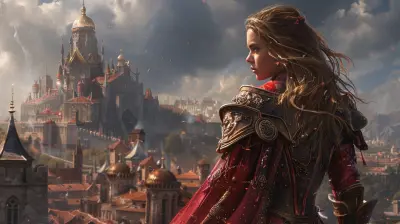Are Platformer Games Truly Timeless? A Dive Into Their Longevity
11 June 2025
Let’s be honest — most of us grew up jumping over pits, dodging fireballs, and stomping on enemies. Platformer games were our first digital playgrounds. But here’s the big question: are platformer games truly timeless, or are we just riding a nostalgia high? Let’s break it down and see why these side-scrolling adventures still have a place in our gaming hearts. Spoiler alert: It’s not just nostalgia.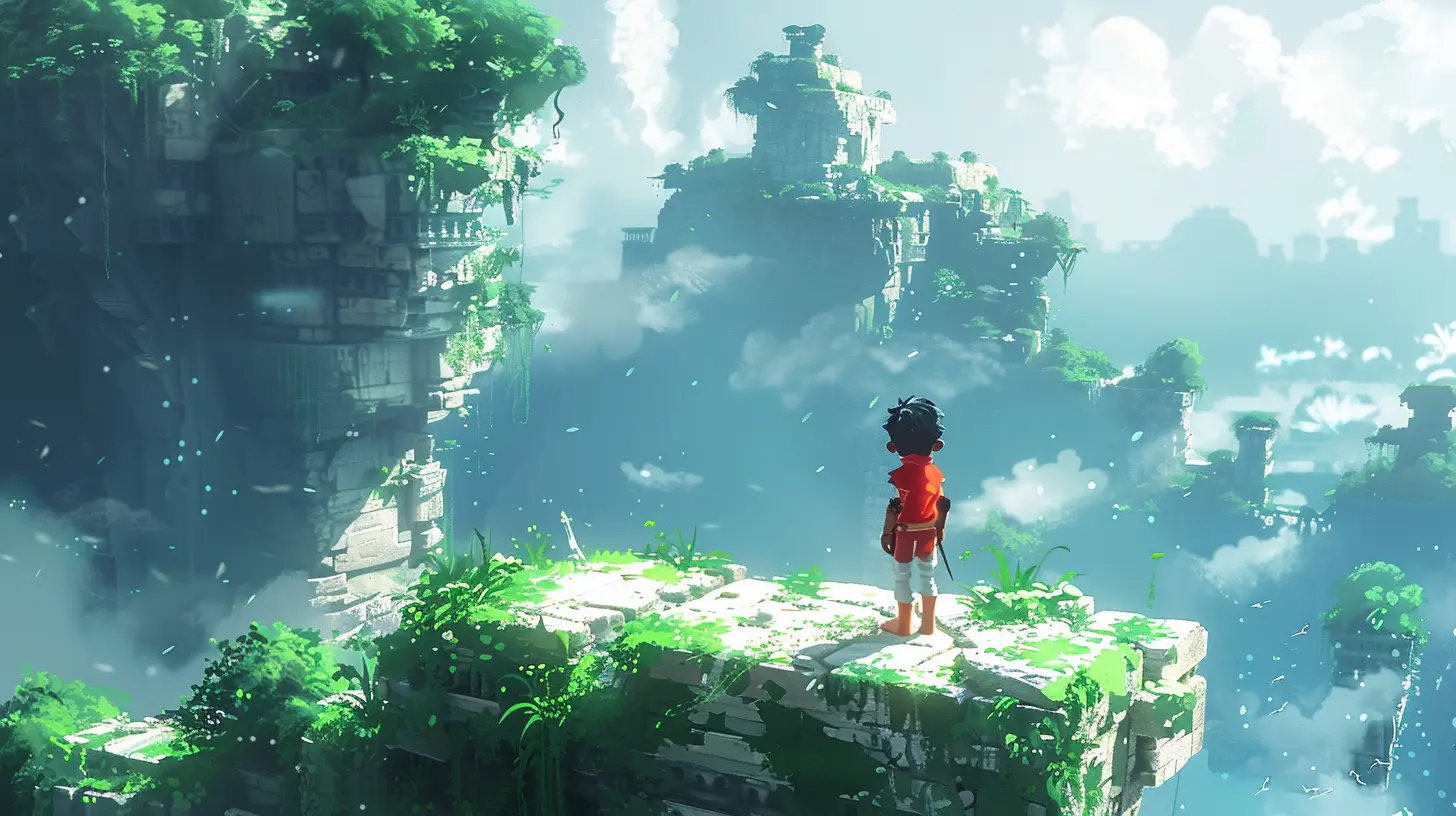
What Are Platformer Games, Anyway?
Before we dive deep, let's lay the groundwork. Platformer games are a sub-genre of video games where characters leap across platforms, dodge obstacles, and usually fight bad guys in the process. Think of classics like Super Mario Bros., Sonic the Hedgehog, and Mega Man. Sound familiar?They’re built on the foundation of timing, reflexes, and good ol’ trial and error. And here’s the kicker — despite all the insane tech we have today, these games haven’t disappeared. They’ve just evolved.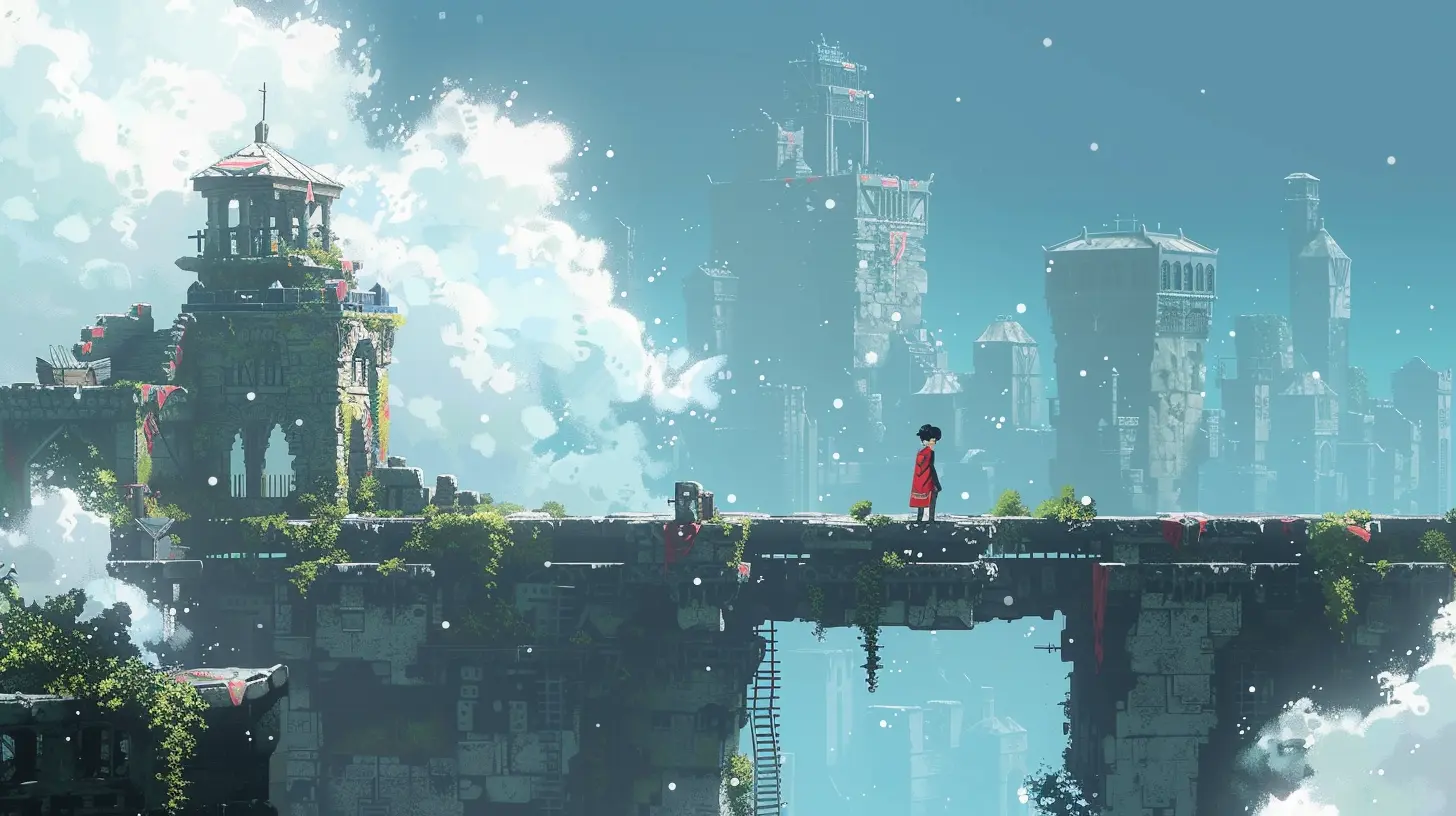
The Roots of Platformer Games — A Nostalgic Blast from the Past
Let’s rewind the clock to the 1980s. When video games were just finding their footing, platformers took the world by storm. Why? Because they were simple to understand but hard to master. You didn’t need a manual — just a good sense of timing and a little patience.Games like Donkey Kong (1981) were among the earliest examples. You’d guide Jumpman (yep, that’s Mario’s original name) up ladders, across platforms, and away from danger. The controls were tight, the gameplay addictive, and the challenge very real. That formula? It stuck.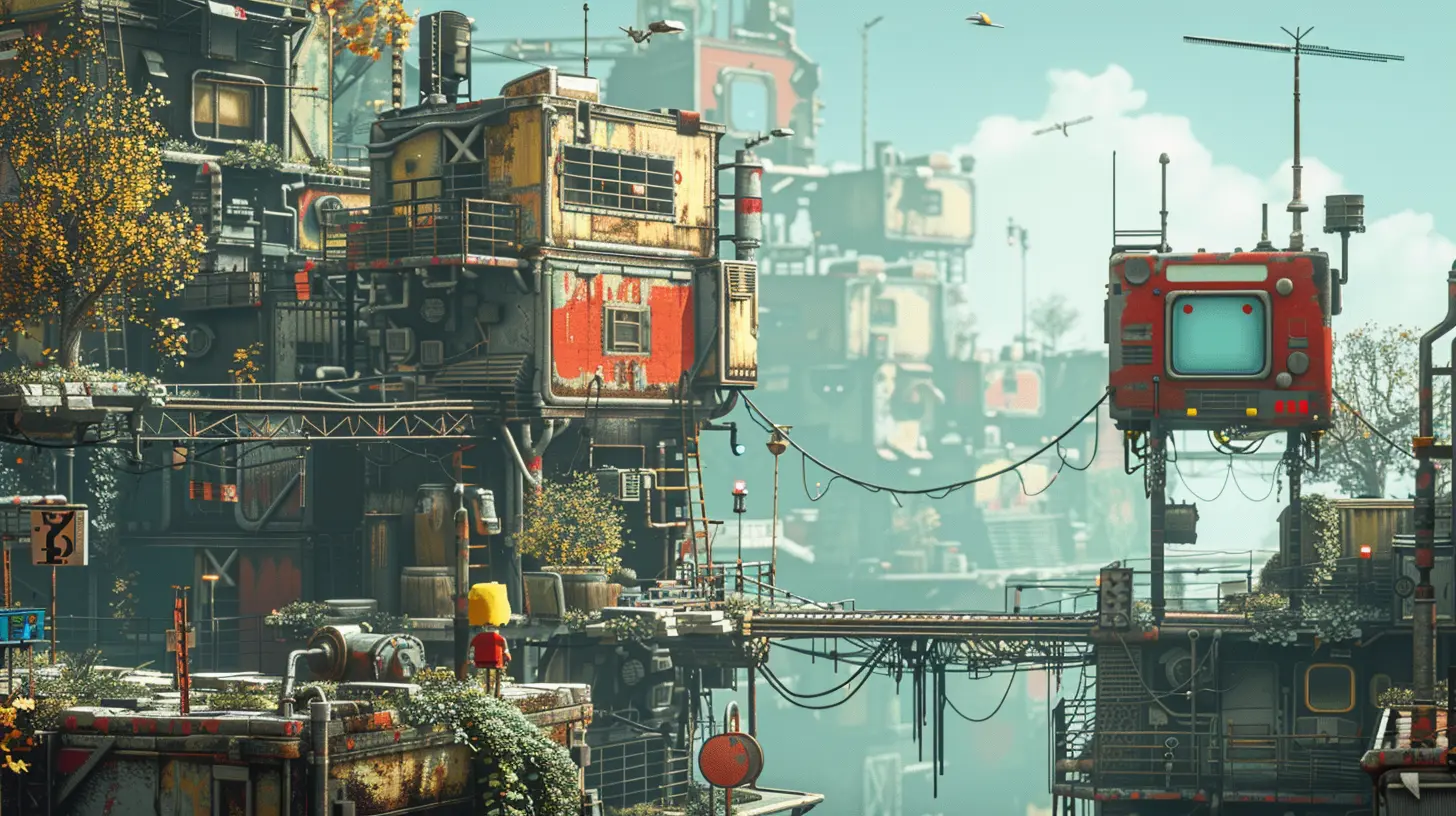
The Golden Age: Platformers That Shaped Generations
When we talk about platformers being timeless, we need to talk about their golden age. Between the late '80s and mid-'90s, platformers were everywhere.Super Mario World, Sonic the Hedgehog, Metroid — these weren’t just games; they were cultural events. People lined up for releases, magazines ran walkthroughs, and schoolyard conversations revolved around that one secret level you just had to try.
These games set a standard: colorful worlds, memorable characters, catchy music, and tight gameplay mechanics. And guess what? Modern games still borrow heavily from these blueprints.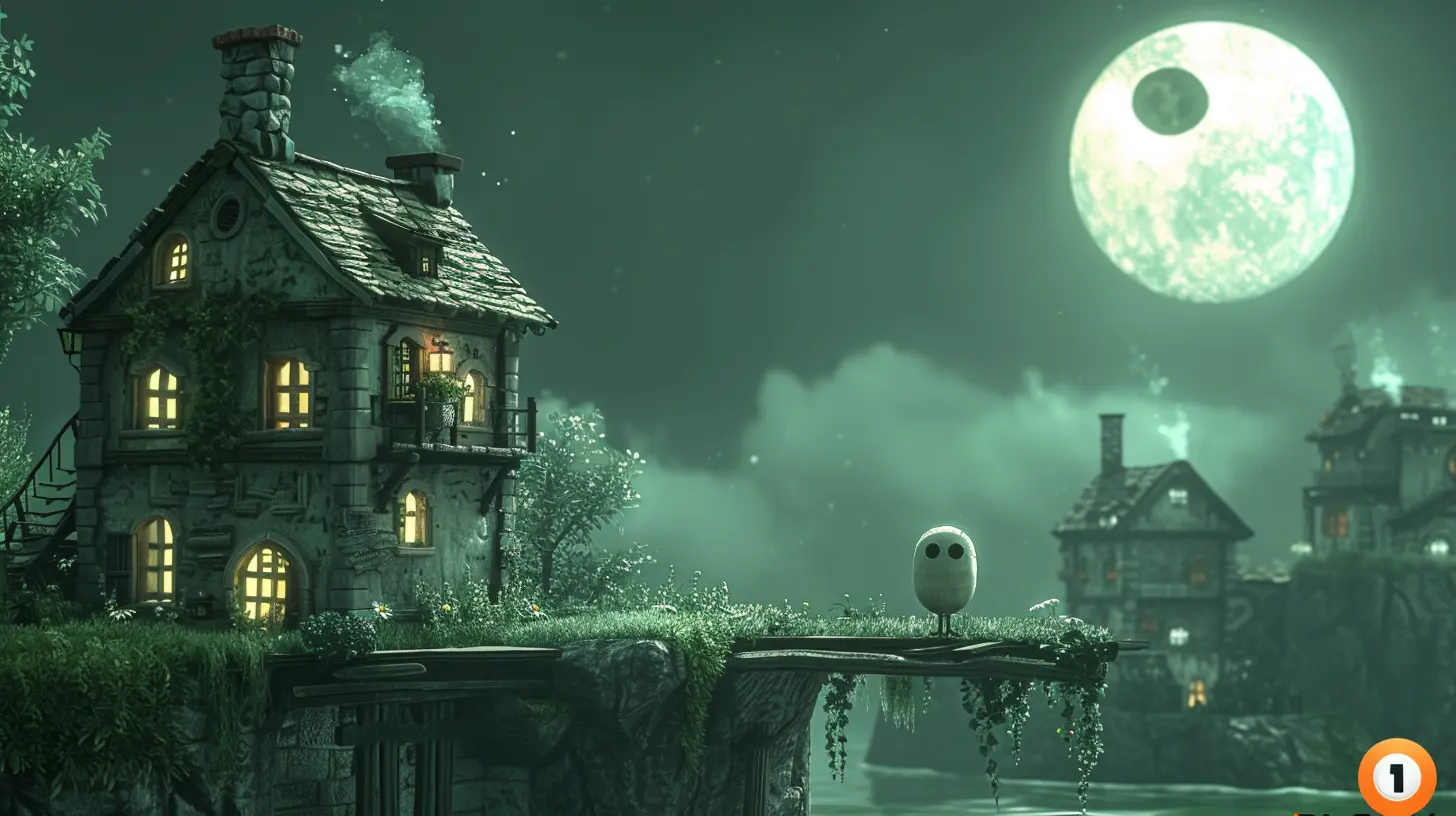
Why Platformers Just Won’t Die
So, why does the platformer genre still breathe fresh air when so many others have faded or evolved beyond recognition?1. Simplicity is Timeless
At their core, platformers are easy to pick up. No 30-minute tutorials. No complicated control schemes. Just jump, run, and maybe shoot. That kind of accessibility makes them perfect for everyone — from 8-year-olds trying their first game to seasoned veterans looking for a nostalgic fix.2. Challenge Never Gets Old
Let’s be real. We all love a little challenge. And platformers deliver that in spades. Be it the pixel-perfect jumps of Celeste or the mind-bending levels of Super Meat Boy, the sense of accomplishment after beating a tough level is unrivaled.You don’t need photorealistic graphics when every leap and dodge fills you with triumph. It’s kinda like the gaming version of climbing a mountain — hard, frustrating, but so worth it.
3. They Keep Evolving
Here’s the thing: platformers haven’t stayed frozen in time. While they retain their 2D roots, modern developers have found ways to innovate within the format.Just look at games like Hollow Knight, Ori and the Blind Forest, or Cuphead. These aren’t just retro throwbacks. They’re masterpieces in art, music, story, and design. Platformers today blend new tech with old-school charm, and that fusion? It’s gaming gold.
4. They’re Indie Game Darlings
Big studios might chase the next big battle royale, but indie developers? They’ve turned platformers into a playground of creativity. Why? Because platformers are resource-friendly. You don’t need a billion-dollar budget to make a great one.Think of Celeste or Shovel Knight. These games came from small teams and became massive hits. The platforming genre gives indie devs a way to tell stories, experiment with mechanics, and really connect with players.
Cool Fact: Platformers Are Education-Friendly
Here’s something that might surprise you — platformer games are increasingly used in education. Why? Because they teach problem-solving, timing, and persistence. Even coding students build platformers as practice projects. It's like building a digital obstacle course for your brain.So yeah, platformers aren’t just play; they’re brain food too.
Platformers in the Age of 3D and VR — Do They Still Matter?
You might think platformers would fade in a world dominated by big 3D titles and immersive VR experiences. But nope, they’ve found a way to coexist.3D platformers like Super Mario Odyssey and Ratchet & Clank show us that the genre isn't just surviving — it's thriving in new dimensions. VR platformers like Astro Bot: Rescue Mission prove that the core mechanics of jumping and exploring can dazzle even in high-tech environments.
In fact, platformers might be one of the few genres that feel truly natural in VR. The tactile feedback, the spatial awareness — it just clicks.
Why We Keep Going Back: The Emotional Connection
Let’s talk heartstrings. Platformer games often come with a sense of wonder. Bright colors, whimsical worlds, quirky characters — they’re like digital storybooks you can interact with.But it’s more than that. Platformers also teach persistence. You fall into a pit? Try again. Miss that jump? Reset and go. These games quietly instilled perseverance in an entire generation — and that lesson doesn’t get old.
It’s not just about beating the boss — it's about learning the pattern, adjusting your strategy, and trying again. That’s life, isn’t it?
Platformers As a Gaming “Comfort Food”
You know how some meals feel like home? A bowl of mac and cheese, some warm soup, maybe mom’s lasagna? That’s what platformers feel like in the gaming world.They’re familiar. Comforting. They don’t ask for too much, and they’re always there when you need a break from the high-stakes, ultra-realistic stuff. And best of all — each time you return, they somehow feel just as good.
The Future of Platformers — Where Do They Go From Here?
Honestly? The future looks bright.With new tools like Unity and Unreal Engine, more aspiring developers can bring their wildest platforming ideas to life. Better yet, platforms like Steam and Switch make it easy for those games to find players.
We're seeing genre-blending like never before. Platformers with RPG elements, roguelike structures, puzzle mechanics — the sky’s the limit.
And let's not forget streaming. Watching someone tackle a brutal platforming level can be just as fun as playing. It's the digital version of crowding around the arcade cabinet, cheering on your friend.
Final Thoughts — A Genre That Refuses to Quit
So, are platformer games truly timeless?Absolutely. They’ve adapted, evolved, and shifted with the times. But at their core, they deliver something fundamental: fun, challenge, and a sense of achievement. You don’t need fancy graphics or massive maps when the gameplay is that tight.
From pixelated beginnings to high-def masterpieces, platformers have stood the test of time. And if history is any indication, they’re not going anywhere.
So next time you're browsing for a new game, maybe skip the epic saga or the high-octane shooter. Instead, try a platformer. Take that leap (pun intended). You might just rediscover why you fell in love with gaming in the first place.
all images in this post were generated using AI tools
Category:
Platformer GamesAuthor:

Aurora Sharpe
Discussion
rate this article
3 comments
Oberon Flores
Timelessness in platformers lies hidden; their allure whispers secrets of nostalgia and untold adventures waiting.
June 18, 2025 at 3:38 AM

Aurora Sharpe
Thank you for your insightful comment! Indeed, the nostalgic charm and hidden adventures in platformers contribute significantly to their enduring appeal.
Carrie Edwards
Absolutely! Platformer games capture the essence of fun and challenge, bridging generations of gamers. Their charming designs and engaging mechanics remind us that joy is timeless. As we leap through vibrant worlds, we discover that some experiences never fade—here’s to endless adventures!
June 14, 2025 at 3:13 AM

Aurora Sharpe
Thank you for your thoughtful comment! I completely agree—platformers beautifully blend nostalgia and innovation, creating truly timeless experiences for all gamers.
Jenna McMichael
What makes platformers endure? Is nostalgia the secret ingredient? Curious!
June 12, 2025 at 2:40 PM

Aurora Sharpe
Nostalgia certainly plays a role, but the enduring appeal of platformers also lies in their engaging gameplay mechanics, creativity, and ability to adapt to new technologies while retaining core elements that resonate with players across generations.

